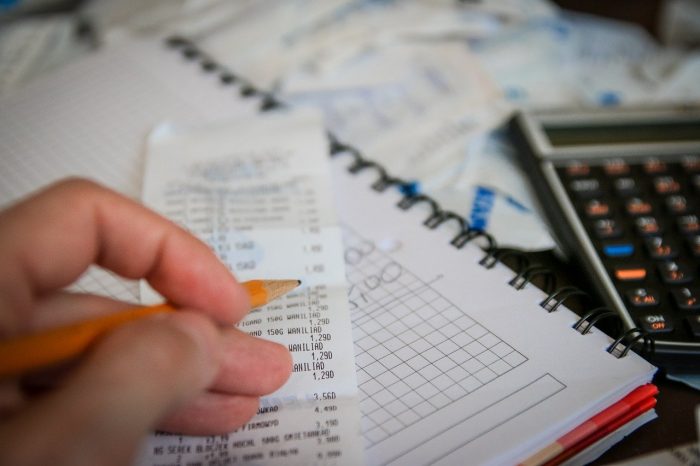-
16 April 2021
Category : Interview
“Tax evasion is not only a cash issue but also an equity issue”
The expert Fernando Peláez Longinotti, Head of the Economic-Tax Studies Area with the Uruguayan Tax Administration, tells us how the European Union's EUROsociAL+ programme , through its Democratic Governance area led by FIIAPP, is working together with the Paraguayan Tax Administration to reduce inequality by fighting against tax evasion.

Why is the fight against tax evasion such a powerful tool in combating inequality?
We are at a critical moment not only in the Latin American region but also at a global level in which there are latent fiscal needs. And tax systems produce results, but their full potential is never being realised, in any country. Therefore, it is necessary to see what type of actions we can carry out to maximise potential collection. Because evasion produces losses for the state and produces tax inequity, some pay more than others, it is not only a cash issue but an equity issue. It is a virtuous circle that we need to understand so the public administration can take action. Raising tax collection requires a relentless fight against fraud because it allows measures to be identified to prevent and reduce evasion levels and to improve the efficiency of public spending in providing public services, such as education and health.
What work have you carried out within the framework of EUROsociAL+ for the Paraguayan Subsecretariat of State for Taxation (SET) and what are its main conclusions?
Through a methodology developed by the Inter-American Tax Administrations Centre ( CIAT ), we measure non – compliance with corporate income tax to measure the trajectory and behaviour of the tax evasion rate in the country. Through this analysis, we were able to understand what percentage of potential tax is not being collected – which in the case of Paraguay is within the range of the countries in the region – and to see the trend relating to this phenomenon. In addition, through the analysis of microdata, specific cases could be identified with which the SET was able to take specific actions to increase collection from those companies.
Are there any differences in non-compliance between men and women regarding tax payments?
No, no differences. However, this work, in keeping with the gender mainstreaming of the EUROsociAL+ programme, adopted a unique approach strategy to include the gender perspective as it relates to tax evasion. The results revealed very useful data for the design of specific public policies to promote gender equality through female entrepreneurship. We saw that the proportion of women entrepreneurs is much smaller than that of male entrepreneurs, in a ratio of 35% women compared to 65% men, and that proportion is higher in some sectors such as agriculture, with a 1 to 9 ratio. On the other hand, there are sectors related to trades more traditionally linked to women where there is a greater representation of businesswomen, such as commerce, textiles and hospitality, where they represent more than 50%.
Furthermore, when analysing the average income level, it was determined that women are concentrated in the lower income levels. In conclusion, there are fewer women entrepreneurs, they have access barriers to certain sectors, and they have lower incomes. Of every 10 entrepreneurs in Paraguay, 3 are women compared to 7 men.
The views and opinions expressed in this blog are the sole responsibility of the person who write them.




